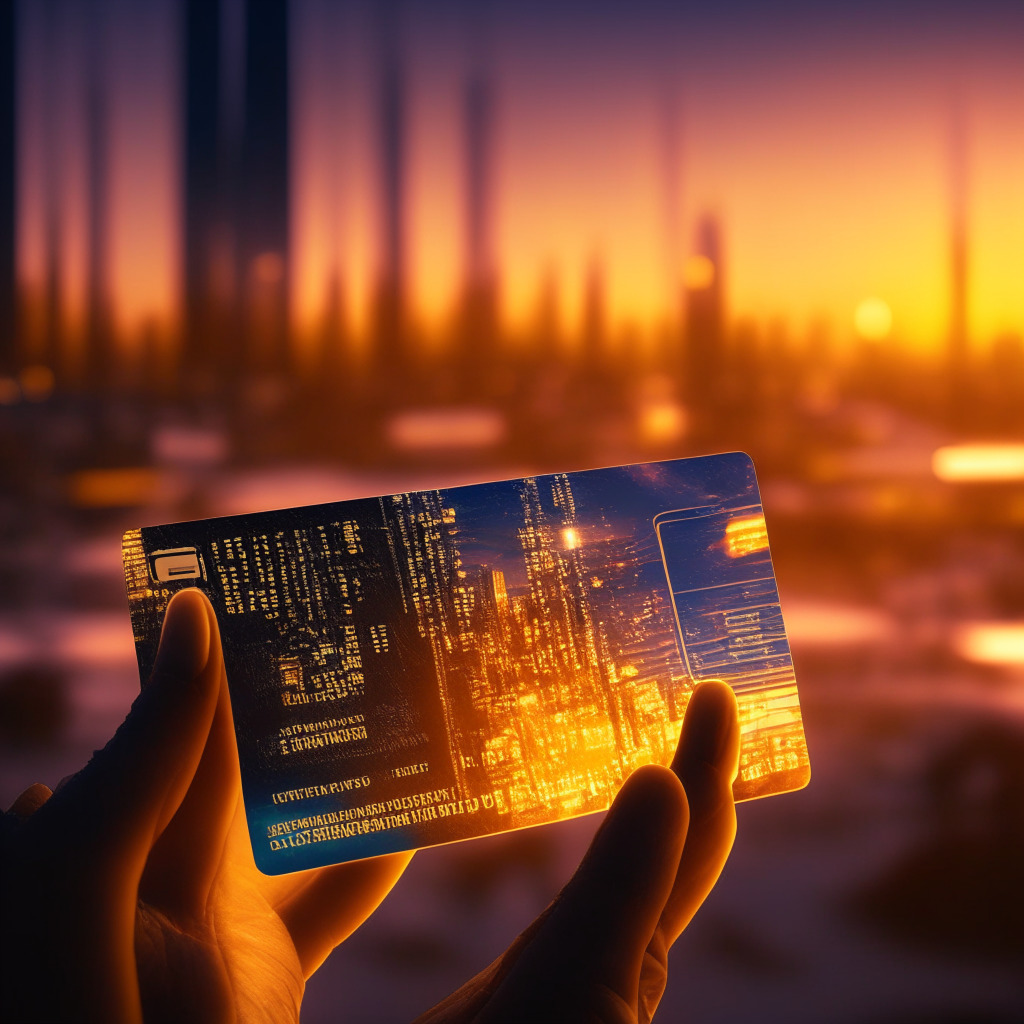As the worlds of blockchain and artificial intelligence (AI) continue to evolve, there has been a rapidly growing interest in exploring the potential crossover between the two. Despite the buzz, blockchain protocols must approach AI with a careful blend of optimism and caution in order to sidestep potential pitfalls.
There’s a buzz in industries across the board about AI, and it’s not hard to see why. Its potential impact is gargantuan, to say the least, and is already making waves in the tech-forward world of blockchain protocols. From data analysis to scalability improvements to fostering interoperability, AI shows significant promise as an ally for blockchain protocols.
However, it’s not without its complications, necessitating a careful review of both potential advantages and associated risks.
A crucial area to consider when integrating AI with blockchain protocols is the preservation of data privacy and security. With AI’s heavy reliance on data for its operations, robust encryption modes, anonymization techniques, and secure data handling practices would need to be a priority. Additionally, the application of privacy-enhancing technologies such as federated learning or differential privacy can help decrease the risks of sensitive data exposure.
Transparency and accountability would be vital when considering the teams behind AI developments. Blockchain protocols should opt for teams with a consistent track record of delivering quality products within schedule and budget. A product’s success largely relies on the efficacy of the team behind it, making this a critical point of consideration.
The lure of decentralization, a key pillar of blockchain, should not be sidelined in the integration of AI. Designing protocols that preserve, or better yet, enhance decentralization could prove pivotal. Measures would need to be in place to address any potential AI-related risks, such as bias and security vulnerabilities.
Ethics and responsible use of data are another important focal point. Fair, bias-free, and responsible data use should be ensured, and user experiences should be seamless and easily understandable.
AI and blockchain offer unique opportunities, but striking a balance can be tricky. As AI is leaning towards being a permanent fixture in the blockchain realm, careful implementation and foresight will be necessary to steer clear of potential performance and scalability issues in the future.
While the implementation of AI in blockchain protocols comes with its complexities, the opportunities it presents are ceaselessly fascinating. With careful consideration and strategic planning, the integration of AI and blockchain could potentially open up a new facet of technological advancement, driving growth and change in immeasurable ways.
Source: Cointelegraph




